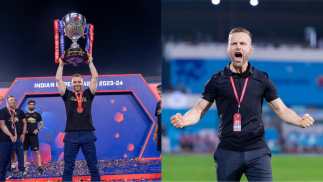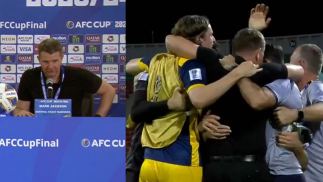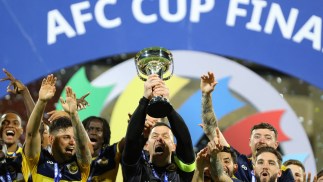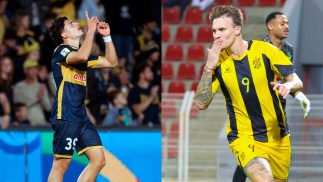Welcome to the new A-Leagues Alumni section, which will allow you to continue reading about the best stories involving the products who have come through the A-Leagues and are now flying the flag on the global stage.
 Latest News
Latest News

3 hours ago • A-League Men
Confirmed: Newcastle United will bring Garang Kuol home to take on A-Leagues All Stars
The former Central Coast Mariners star will have the chance to impress his Premier League head coach at Marvel Stadium on May 24.2 weeks ago • AFC Champions League
‘A little bit of chaos!’ Kewell guides F.Marinos to first Champions League final after wild contest
2 weeks ago • A-League Men
Locked in: Mariners’ AFC Cup Final date, opponent confirmed as potential $2.3m windfall awaits




